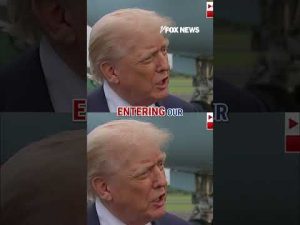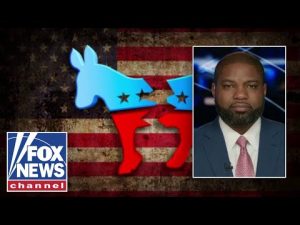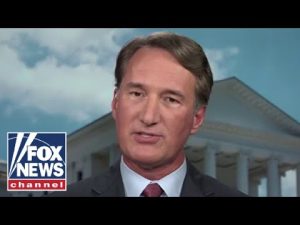In late 2016 and early 2017, the political landscape in the United States was nothing short of tumultuous. The election of Donald Trump as president left the nation divided, with the left in disbelief and the media landscape filled with shockwaves. Many in the liberal sphere had firmly dismissed the possibility of Trump’s victory, believing it was as absurd as spaceships filled with dinosaurs landing on Earth. Yet, with the election results, those bold predictions were flipped on their heads, and America found itself at a crossroads.
The days following the election saw a flood of emotions from those who never envisioned a Trump presidency. The reactions of disbelief and sorrow permeated through liberal ranks, influencing the environment, which extended from homes to schools. So profound was the shock that in some places, students were offered the opportunity to process the outcome with counselors. This was not merely an unexpected political defeat for them; it was a cultural moment upended. The tears and protests were emblematic of a wider discontent and a profound disconnect between opposing sides in America.
Simultaneously, there was a push by the Obama administration, which centered on uncovering the roots of Trump’s victory. There was a narrative brewing, suggesting Russian interference played a pivotal role in the electoral outcome. The administration wanted clear, undeniable evidence that collaborations between Trump’s team and Russia had altered the course of the election. There was a belief that the legitimacy of the victory needed scrutiny. However, amidst all this, what often gets ignored is the prevailing underestimation and misjudgment of the American electorate by the left.
The insistence on attributing Trump’s win to outside interference rather than acknowledging a shift in voter sentiments was a strategic oversight. The political elite’s disbelief in a Trump presidency was symptomatic of a broader ignorance towards the changing aspirations of the American people. Many on the left dismissed Trump as a joke, underestimating the issues resonating with the electorate, from economic frustrations to cultural identity, that drove a significant portion of the population to vote for him. This misunderstanding led to a miscalculation of Trump’s appeal – an appeal that tapped into forgotten voters who felt alienated by years of establishment politics.
The period post-election was not just about fixing blame but about realizing the importance of understanding the pulse of the nation. Political leaders and analysts need to engage more with the diverse and changing needs of the populace rather than resting on old assumptions or narratives. The left, in this instance, chose to focus on far-fetched theories rather than learning valuable lessons from a political upset that turned conventional wisdom on its head. If anything, the Trump victory was a wake-up call to step back, listen, and rethink the approach towards politics and policies moving forward.







